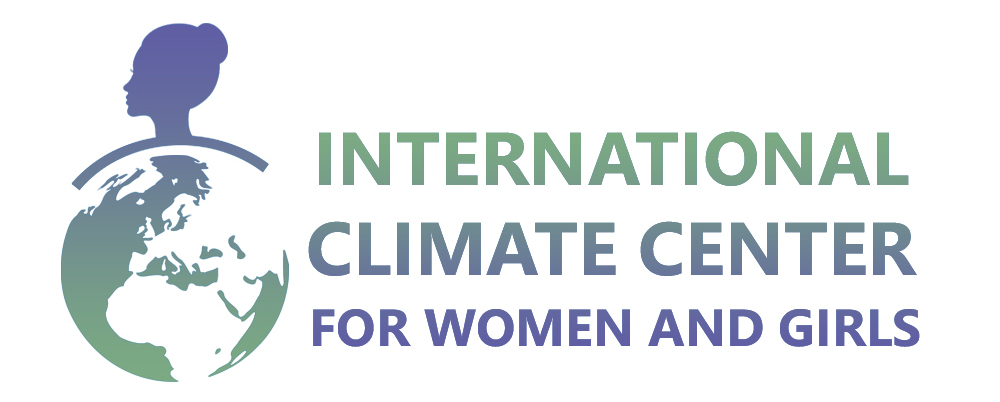Our History
Our Story & Motivation
Our story started way back in 2009, when the General Coordinator embarked on the commonly known one year mandatory National Youth Service Corp training in Nigeria. In this year, there was less understanding of the gravity and unfolding calamity of environmental change and impact in the local areas of her service, even though there were obvious environmental and social changes. During this period, the general coordinator never relented in her effort to contribute to the physical, social and environmental issues surrounding the community, even with the little knowledge of what climate change was all about.
The motive for this action was taken, when the community secondary/high school student had to come to school in the afternoon when the pupils of a nearby schools would have closed to enable them to use the only school block available, and most especially the girls would have to be mandated to attend their parents farms, and complete house chores before attending school in the afternoon.
In search of a practical solution to support the school environment, the students' health and mental well being, we decided to provide them with a learning classroom where they can attend schools at the normal early hours as recommended globally for every child/student. Thereafter, we discovered that most of the older female students were constantly deprived from coming to the school for gender based reasons with the philosophy that women are not allowed to attain too much education as they mainly wouldn’t use it, and therefore, there was no need to attend school. This notion had affected the majority of the girls, as efforts to make them understand the importance of education were found abortive within the one year program. Later down the line, we discovered through research/survey, that what was discovered in that particular community is what is happening across many communities, especially in Africa, and other developing countries.
We further discovered through our engagement with the community women farmers, and the girls that a majority of the gender had zero idea of what has impacted on their crops, roofs, environment and the air they breathe. This further led us to carry out some interviews to gather feedback from what the community members thought could be what is actually and speedily affecting almost all aspects of their sources of livelihood. We found out that a majority of the feedback was a statement like “that's how God designed the world”. This was the realization that birthed the zeal for this outreach, creating awareness, providing education materials, adaptation mechanism and sensitisation movement to as many women and girls as possible.
Why Focus On Gender?
- Women and girls play a central role in climate transitions, as climate change impacts people in different ways. To achieve gender equality, it is crucial to ensure that everyone benefits from climate transitions. Sustainable development and gender equality are not separate goals, but interdependent pursuits that must be harnessed together.
- Climate change affects men and women differently, with vulnerable populations facing greater exposure and less resilience to climate variability, stresses, and shocks. Extreme weather events, such as heat waves, wildfires, floods, droughts, and unusual rainfall, have varying impacts on different genders. These differences are not just limited to health and education, but also extend to economic opportunities.
- Women are often employed in natural resource-based industries and climate-sensitive sectors, where they are more susceptible to climate change impacts. Climate change can also increase gender-based violence and sexual exploitation, and worsen women’s time poverty. Thus, addressing gender inequality is a critical component of achieving sustainable development goals and adapting to climate change impacts.
- Climate change affects men and women in different ways, particularly in vulnerable communities that face higher exposure and less resilience to climate-related stresses and shocks. Extreme weather events like heat waves, wildfires, floods, droughts, and unusual rainfall have varying impacts on genders.
- Women are often employed in natural resource-based and climate-sensitive sectors, which makes them more vulnerable to the effects of climate change. This exacerbates gender inequality, leading to increased violence and sexual exploitation and limiting women's opportunities for learning, working, and earning. Therefore, addressing gender inequality is crucial to achieving sustainable development goals and building resilience to climate change impact.
